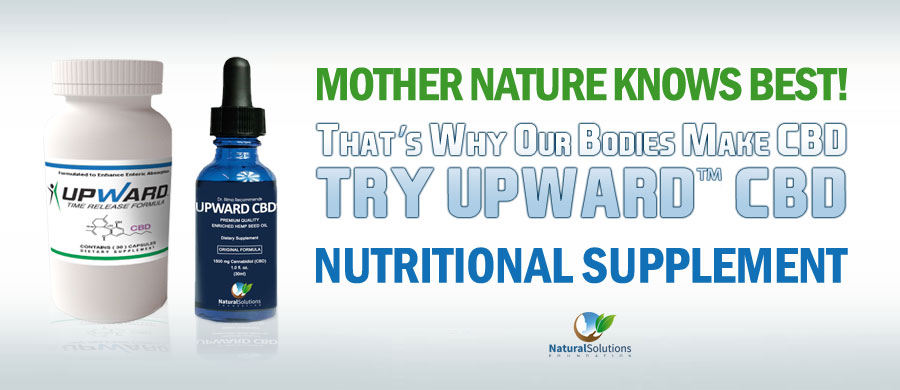Hemp May Be The World’s Most Misunderstood Crop: Why It Is Banned And What We Are Missing Out On
There are a lot of people who don’t understand what hemp is, and the benefits it is capable of giving us. Famously, George Washington grew hemp, and during the colonial period, growing hemp was considered a patriotic duty, as it was used to make much-needed rope and other products. The paper the U.S. Constitution was written on is hemp paper. During World War II, the war effort was seriously hampered by the Japanese takeover of many of our sources for hemp fiber in the Pacific, creating shortages of for manufacturing rope and canvas.
However hemp has long been stigmatized due to its relation with marijuana, and confusion among anti-drug zealots who mistakenly think they are one and the same.
They aren’t, and the confusion has cost us untold billions in product sales, massive environmental damage that could otherwise have been avoided, and missed health outcomes we can only imagine.
First, the difference: hemp and marijuana are the same plant, but different strains. Hemp contains less than 0.3 percent tetrahyrdochloride, or THC, the cannabinoid compound that is the psychoactive ingredient in marijuana. To attempt to use hemp for its purported psychoactive properties would be like trying to drink non-alcoholic beer to get drunk, as it contains around 0.5 percent alcohol.
And what it became in myth in the first waves of anti-drug hysteria during the early twentieth century was another tool for people like Harry Anslinger to use to browbeat a cowed populace. As the century wore on, it didn’t hurt that plastics were ascendant too; for manufacturers of synthetic fibers that could potentially be supplanted by hemp, keeping the ancient and natural fiber stigmatized was a way to ensure profits kept rising.
But what it has cost us as a nation and as a planet goes far beyond some figures in the ledger of a greedy industrialist. In fact the losses are almost immeasurable.
• Hemp seeds are a source of omega-3 and omega-6 fatty acids
• Hemp plants are strong and tough and don’t require herbicides and phosphate fertilizers. They grow fast and actually benefit the soil.
• Imagine all the products you own or use that are made from non-biodegradable plastic. Now imagine nearly all of them being made from biodegradle, non-toxic hemp. Imagine the last 70 years or so of plastic manufacturing and all the waste and pollution and toxins created as byproducts, and how different the world would look if we had had the sense to go the hemp route.
• Similarly, hemp paper is much less toxic and destructive to the environment than wood pulp paper.
• Hemp is a CO2 sink: a single acre of hemp can produce more oxygen form CO2 and methane than 25 acres of trees.
When you take in all these facts along with the changing times facing hemp’s psychoactive cousin, it is past time we adjust our thinking on this beneficial commodity, and pull our heads out of our Anslingers.
###
The Virtues of Hemp: The Most Underappreciated and Misunderstood Crop

